Summertime in Israel. That time of the year when it becomes normal to see hundreds of people entering stores and malls just to enjoy a bit of air conditioning is here. The beach is always full, and those who work wearing long pants and a button up shirt are suffering the consequences of this not-so-friendly weather.
Since summer is here, and since we always care so much about you learning Hebrew, we are here now to present you with a list of Hebrew summer vocabulary.
In the paragraphs to come, you’ll be able to learn new words and some cool ways in which you can use them. Are you ready? Give us a few moments while we turn down our A/C…. ok! We are ready too. Here we go!
10 Hebrew words to use during summer
So even if you are not suffering the consequences of the humidity and the heat of 80% of the cities of Israel, or even if you aren’t lucky enough to enjoy the beach of Haifa or Tel Aviv whenever you want to, we are here now to share with you 10 Hebrew words to use during summer. Open the manual fan you got on your latest trip to Barcelona and get comfortable. Here we go:
● Air conditioner: A word you’ll definitely need to learn, especially if you’re coming to Israel during the summer. Air conditioner is מזגן (pronounced: mahz-gahn), and one or two taxi rides around Tel Aviv will be enough for you to use this word with the driver when asking him or her to turn the mahzgahn on. (A home-economy tip: Keep the temperature over 24 degrees Celcius, and it won’t affect your חשמל chashmal bill that much).
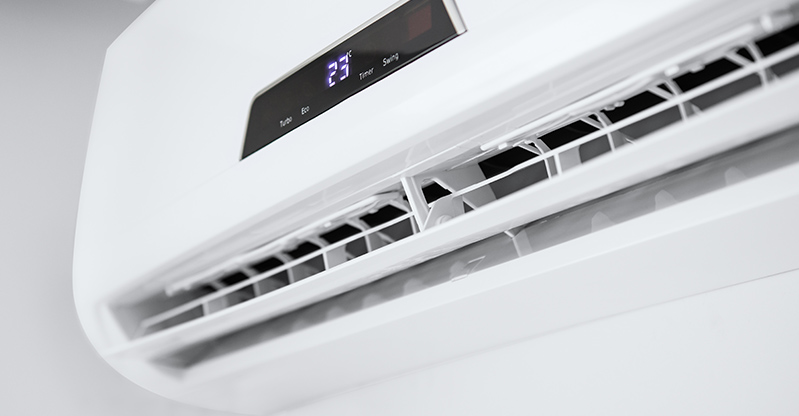
● Swimsuit: Remember this word, because you are going to use a part of this in another Hebrew word on this list. Swimsuit is בגד-ים (pronounced: beh-ged yahm). Literally, it means “clothing for the sea”, but like many words in Hebrew, they were invented when the actual items didn’t even exist. If you’re looking to learn more modern Hebrew words, check out this article we published a few weeks ago.
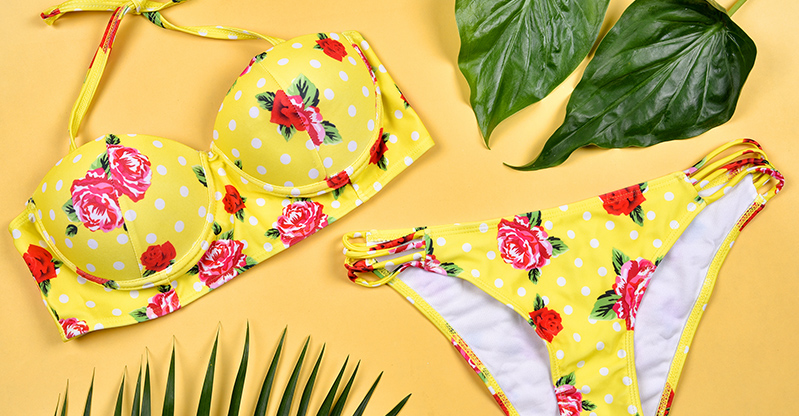
● Sun: The lovely sun we often hate during the summer! Sun in Hebrew is שמש (pronounced: sheh-mesh). So now that you do know how to say this important word, it will become much easier to understand what the name of the city Beit Shemesh means. Right?

See?! Hebrew summer vocabulary can even help you get around the country with a better understanding of what the names of Israeli cities mean. Go wear some mishkafei shemesh (sunglasses) and drive around the country!
● Hot: “Kama cham ba-chutz! Oy!” it is a sentence you’ll hear more than once when walking around summery Israel, and even if we assume that you do know what the “oy” part of the sentence means, we are here to say how do you say “hot”. Hot in Hebrew is חם (pronounced: cham). You’ll be able to practice this word, right before asking someone to turn the A/C on. Just go: “Cham li. Efshar mahzgahn, bevakasha?”, and you’ll be ready to enjoy some artificial breeze!

● Beach: Remember when we mentioned that a part of the “swimsuit” word was going to be useful later on? Well, now’s that moment! Beach in Hebrew is חוף הים (pronounced chof ha-yam), and it literally means “beach of the sea”. A bit redundant, but easy to remember! Just make sure to wear a בגד ים next time you go to the חוף הים since nudity is forbidden in every public beach in Israel.

Subscribe to our newsletter
Learn Hebrew slang, take a virtual tour across Israel, discover the best local food and so much more
Besides these words, we wanted to give you another 5. You can also add these extra words to your Hebrew vocabulary and be ready to optimize your summer experience in Israel. Here you go!
● Pool: בריכה (pronounced breh-chah)

● Ice cream: גלידה (pronounced: glee-dah). Although those water-based ice creams you can get while in the חוף הים are called ארטיק (pronounced: ar-teek)

● Towel: מגבת (pronounced: mah-geh-vet). Make sure to ask for one from your hotel next time you go to the beach either in Tel Aviv, Haifa, or even in Netanya. Yes, those ones we use in the shower have the exact same name.
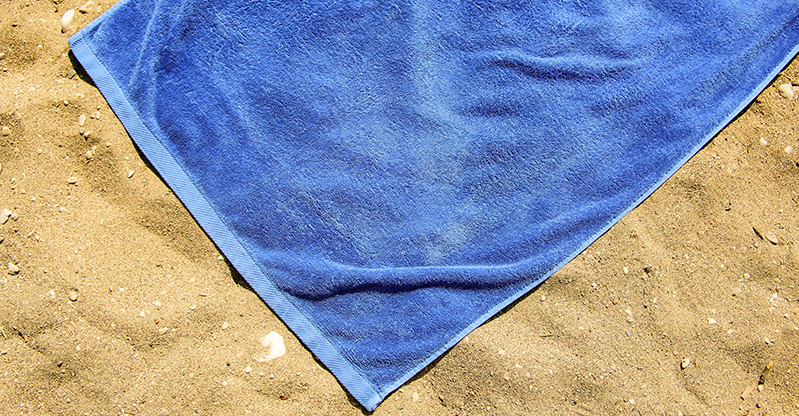
● Sandals: The easiest of the words in this list. Sandals in Hebrew is סנדלים (pronounced: sun-dah-leem). Flip-flops are called כפכפים (pronounced: kaf-kah-feem). Are you ready to wear them, to ask for a מגבת, and to enjoy the חוף הים?
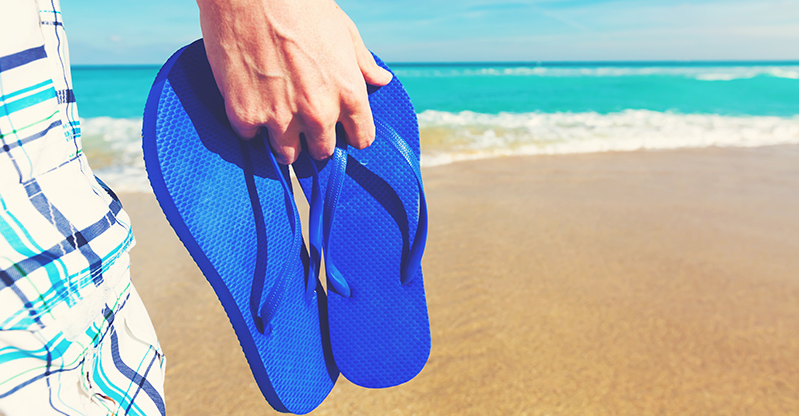
● Watermelon: One of the tastiest options for the summer. Watermelon in Hebrew is אבטיח (pronounced: ah-vah-tee-ach). If you are brave enough, we invite you to try the Israeli recipe and to add some גבינה בולגרית to it. If you don’t know what this additional word means, you should truly consider joining our online Hebrew courses even faster than what you originally thought.

Learn Hebrew today. Enjoy the Israeli summer tomorrow
One of the best things you can do to enjoy the Israeli summer in the best possible way is to learn the right words to experience it in a deep, active way. Our online Hebrew courses will enable you to learn these, and many other terms, context, words, and sentences.
After being part of one of our courses see how differently you feel when having a conversation in Hebrew, when doing business with an Israeli executive, or when simply enjoying a vacation with the family in the heart of Tel Aviv. Give it a try! Learn Hebrew today, from the comfort of your (air-conditioned) home.









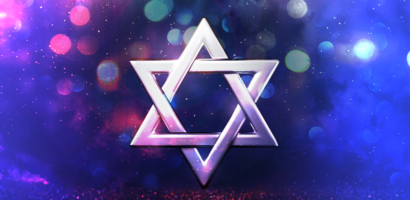




[…] what happens during the summer? What goes on in Mount Hermon when there is no snow around? Well, during the summer, Mount Hermon […]
[…] what happens during the summer? What goes on in Mount Hermon when there is no snow around? Well, during the summer, Mount Hermon […]